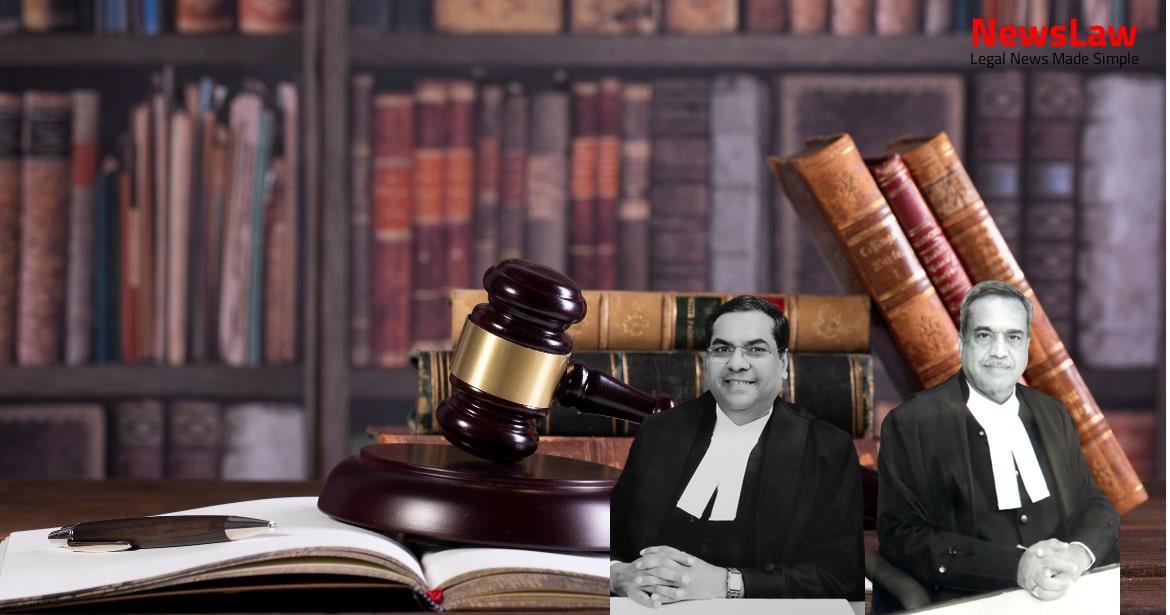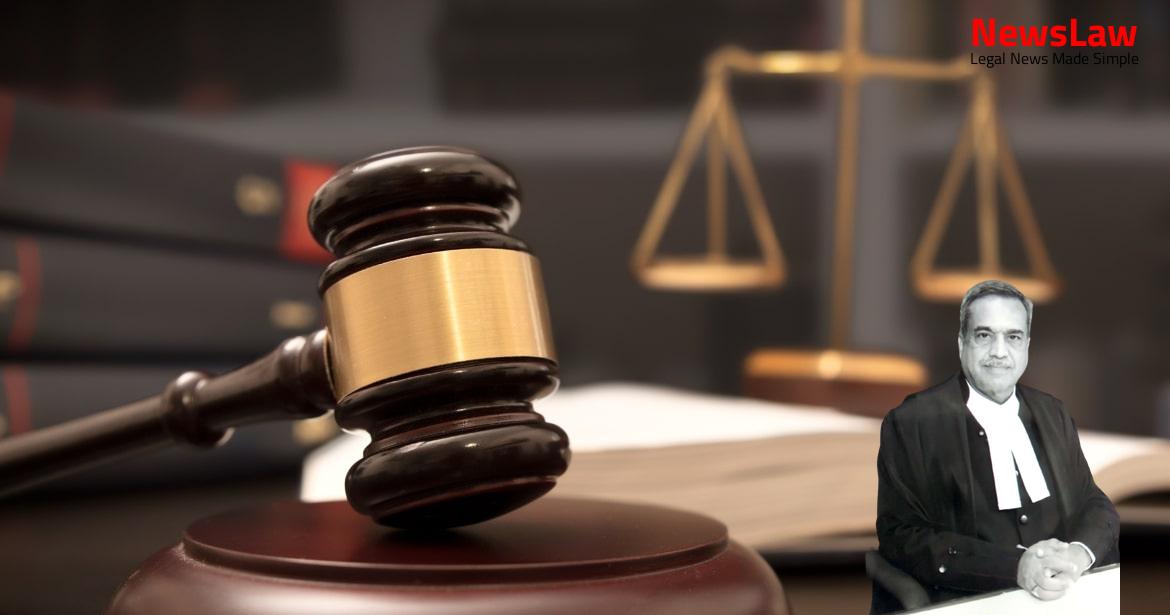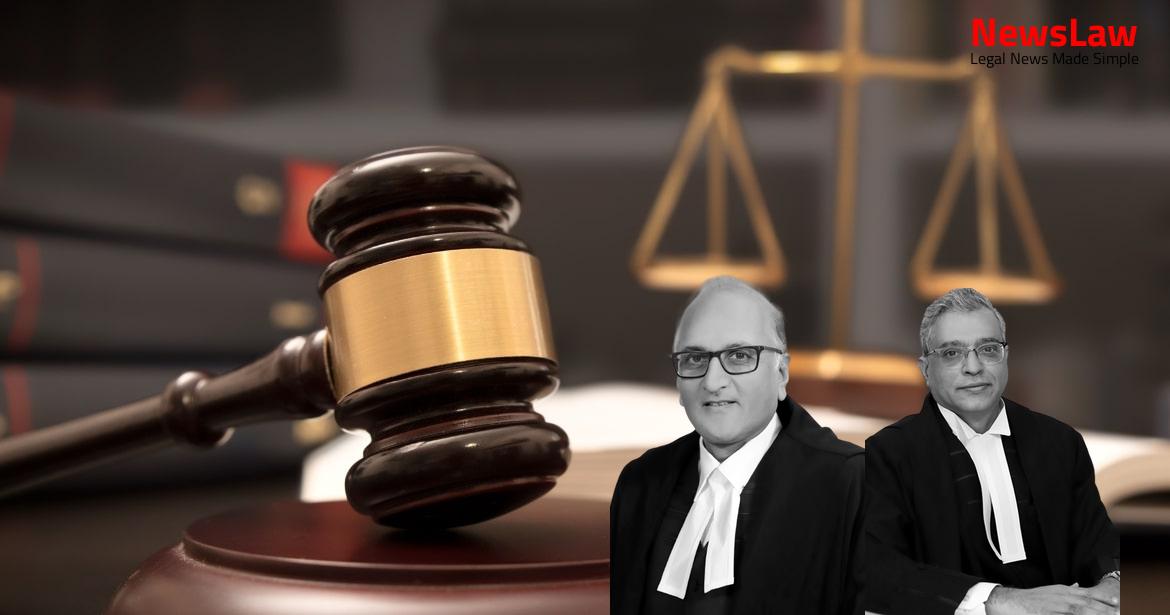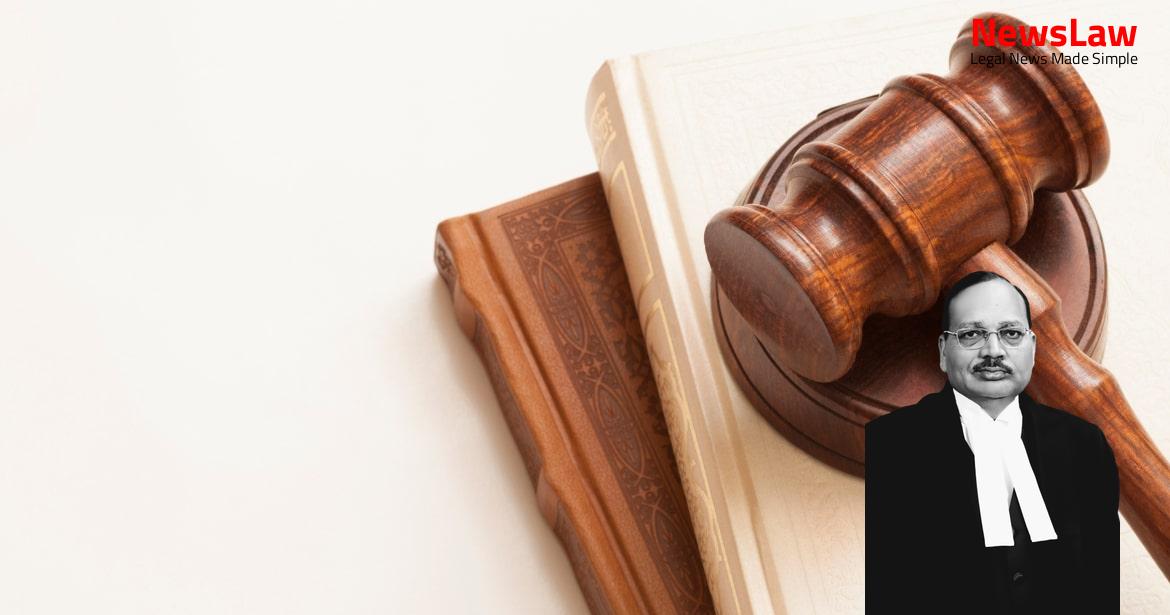The court’s legal analysis in appeals against acquittal plays a crucial role in upholding justice. The recent case highlights the significance of a detailed re-evaluation of evidence by appellate courts. This blog delves into the principles guiding courts to review judgments of acquittal and the double presumption in favor of the accused. Stay tuned to learn how legal analysis shapes the outcome of appeals against acquittal.
Facts
- The Special Court convicted respondent Nos. 2 to 4 for offences under Sections 452, 323/34, and 325/34 of the IPC.
- The accused were acquitted for offences under Sections 354, 504, 506 of the IPC, Section 3(1)(x), and 3(1)(xi) of the SC/ST Act.
- The victim appealed to the High Court against the acquittal of the accused.
- The High Court dismissed the appeal in Criminal Appeal No.2356 of 2019.
- The victim is now appealing to the Supreme Court against the High Court’s decision.
Also Read: Ruling on Circumstantial Evidence in Murder Case
Analysis
- The High Court did not re-appreciate the entire evidence in detail when dealing with the judgment of acquittal, which should have been done in a first appeal.
- The High Court should have considered if the trial court’s approach to the evidence was patently illegal or the conclusions were wholly untenable before setting aside the acquittal.
- The appellate court must bear in mind the presumption of innocence of the accused, and that the trial court’s acquittal strengthens this presumption.
- The High Court did not record its conclusion on whether the trial court’s approach to the evidence was illegal or untenable.
- The High Court is entitled to reappreciate the entire evidence independently and come to its own conclusion when the appeal is against an order of acquittal.
- The High Court should give due importance to the opinion of the trial court if arrived at after proper appreciation of the evidence.
- The High Court did not provide elaborate re-appreciation of the evidence on record before dismissing the appeal against acquittal.
- The manner in which the High Court dealt with the appeal against acquittal was not appropriate for a first appellate court.
- The Court discussed the guidelines for interfering with a judgment of acquittal passed by the trial court.
- The appellate court is empowered to review, reappreciate, and reconsider the evidence to determine if the trial court’s views were perverse or unsustainable.
- Various cases and legal positions were referenced to establish the principles governing interference with judgments of acquittal.
- The double presumption in favor of the accused in cases of acquittal was explained, emphasizing the importance of the presumption of innocence.
- Instances where interference with a judgment of acquittal is justified were outlined, including when the findings are against the weight of evidence or irrational.
- The High Court, as a first appellate court, failed to re-appreciate the entire evidence on record in detail
- The failure to re-evaluate the evidence is a significant oversight in the judgment
Also Read: Challenging Legal Presumptions in Negotiable Instrument Cases
Decision
- The High Court is directed to decide and dispose of the appeal on its own merits, in accordance with the law.
- The judgment and order passed by the High Court in Criminal Appeal No. 2356 of 2019 is quashed and set aside.
- The appeal is allowed solely based on the grounds mentioned, without expressing any view on the merits of the case.
- The appeal before the High Court is ordered to be restored to its original file for further proceedings.
Also Read: Legal Analysis Critique in High Court’s Quashing Order
Case Title: GEETA DEVI Vs. STATE OF U.P. (2022 INSC 54)
Case Number: Crl.A. No.-000078-000078 / 2022



